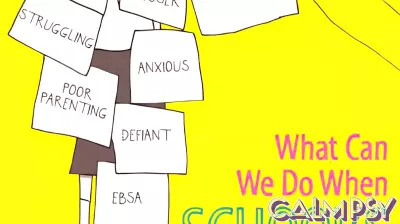April 1, 2025 - 11:22

If burnout feels like your baseline, it’s not just in your head. Recent studies indicate that Generation Z is experiencing unprecedented levels of stress and exhaustion, leading many to feel overwhelmed and depleted.
One significant factor contributing to this phenomenon is the pressure to succeed in an increasingly competitive job market. With rising expectations from employers and the higher cost of living, many young individuals find themselves juggling multiple responsibilities, which can lead to chronic stress.
Additionally, the pervasive influence of social media plays a crucial role in the mental health of Gen Z. Constant exposure to curated lives can foster feelings of inadequacy and anxiety, making it challenging for them to disconnect and recharge. The fear of missing out (FOMO) often exacerbates this issue, as they feel compelled to stay engaged at all times.
Lastly, the ongoing impact of global events, from the pandemic to climate change, has left many feeling disillusioned and hopeless about the future. This combination of factors has created a perfect storm for burnout, prompting a need for effective coping strategies and support systems to help this generation navigate their challenges.



